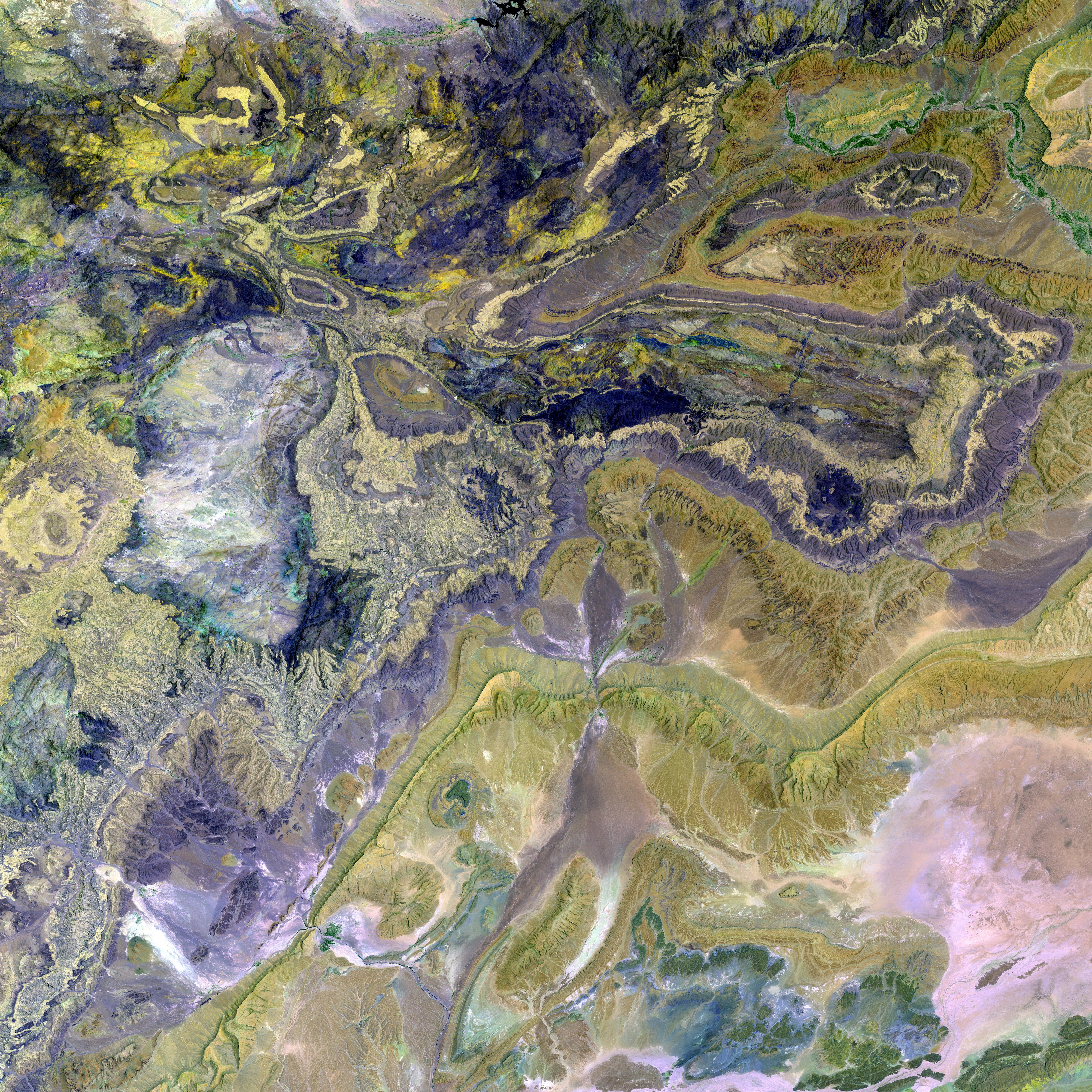Tiny yet influential: Vatican City as a base for papal dominion, the smallest sovereign state globally
Living within its ancient walls are about 900 residents, from popes to nuns, priests, guards, diplomats, and everyday workers like gardeners, cooks, and cleaners. The Swiss Guards, members of the world's oldest army, keep watch at the gates, while the Vatican's police force stands by.
At the heart of the city-state sits the Pope, a regal figure in white, wielding absolute power as both the head of state and the leader of the world's 1.4 billion Catholics. The Vatican used to be part of the Papal States, but was lost during the Italian unification in the 19th century. Rome was captured in 1870, and it became Italy's capital. Popes since then have claimed to be "prisoners in the Vatican," a claim that continued until an agreement was struck between the Vatican and the Italian government in 1929.
This agreement, known as the Lateran Accords, was signed between Pope Pius XI and Italian dictator Benito Mussolini. The accords established Vatican City as an independent sovereign state, and the Pope was granted full authority over its territory. The accords also regulated the relationships between the Church and the Italian state, and provided financial compensation to the Vatican for the loss of the Papal States.
The Vatican City state is governed by the Holy See, a sovereign juridical entity under international law. The Church itself is governed by the Roman Curia, made up of various institutions, academies, and organizations. Nationality in Vatican City is based on residence and employment, and the legal system is similar to Italy's. Suspected lawbreakers can be tried in the Vatican's small courthouse.
The Vatican's newspaper, L'Osservatore Romano, and Vatican Media report on the trials and tribulations within the city-state, which operates in around 40 languages. Employees receive tax-free salaries and free medical care, but cannot form or join unions. They can, however, access the Vatican's supermarket, post office, pharmacy, and use its tiny railway, the smallest national one in the world. Money is kept in the Vatican bank, the Institute for Religious Works (IOR), which has undergone a clean-up and is responsible for assets belonging to religious orders and organizations.
The Vatican's national anthem, the "Pontifical March," is sung in Latin, while its flag features two bands of yellow and white, bearing the keys of St. Peter – the keys of Heaven. The Lateran Accords marked a pivotal moment in resolving the longstanding "Roman Question" that had been a point of contention between the Catholic Church and the Italian state since the 19th century.
- The Pope, as the head of state within Vatican City, wields absolute power and resides within its ancient walls.
- The Vatican City state, an independent sovereign entity under international law, operates in around 40 languages, with its newspaper, L'Osservatore Romano, reporting on the city-state's happenings.
- The lifestyle within the Vatican is unique, with employees receiving tax-free salaries, free medical care, and having access to the Vatican's supermarket, post office, pharmacy, and its tiny railway, the smallest national one in the world.
- Travel within the Vatican City is limited to those who have residence or employment, and suspected lawbreakers can be tried in the Vatican's small courthouse.




